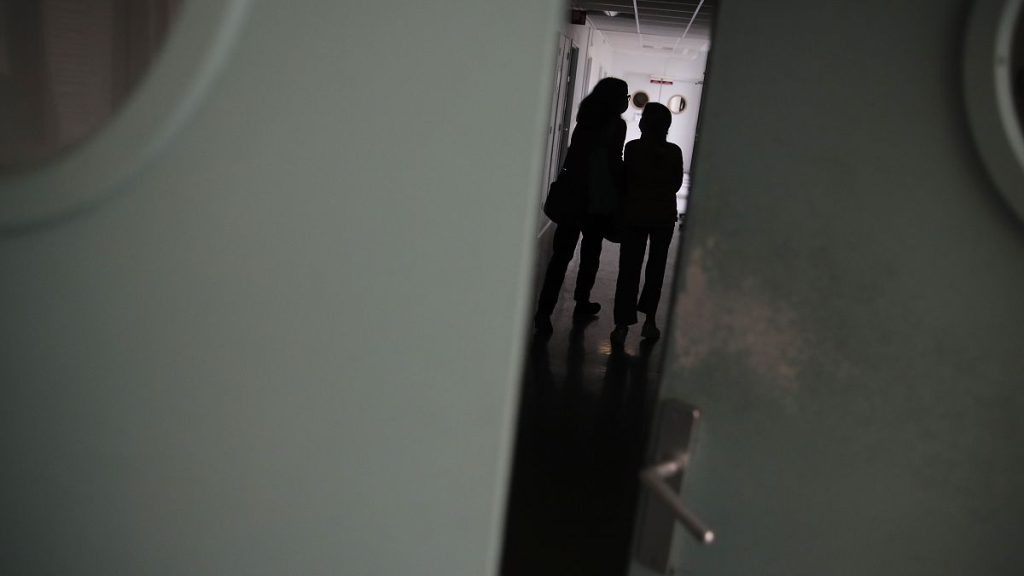France is experiencing a deepening youth mental health crisis, with young people seeking mental health services at a significantly higher rate than before the COVID-19 pandemic. This surge mirrors a broader trend across Europe, where anxiety, depression, suicidal ideation, ADHD, and other mental health conditions are increasingly prevalent among young people. The situation in France, with one in seven adolescents struggling with their mental health, is not unique. A recent study analyzing data from approximately 20 million young people aged 25 and under reveals a substantial increase in mental health visits, hospitalizations, and prescriptions for medications like antidepressants, mood stabilizers, and antipsychotics between 2016 and 2023, particularly after the pandemic. This rise in mental health service utilization highlights the strain on existing mental health systems, exacerbated by the pandemic’s disruptions. The increasing reliance on medication, especially among young people, raises concerns about potential over-medicalization of mental health issues.
A prominent gender disparity emerges within this crisis, with teenage girls and young women experiencing a disproportionate increase in mental health challenges. They are more likely to seek outpatient psychiatric consultations and be hospitalized for suicide attempts. Prescriptions for virtually all types of mental health medication have risen for girls and young women, particularly post-pandemic. While boys and young men also exhibit an increase in prescriptions for antidepressants, alcohol addiction medications, and ADHD stimulants, the surge is less pronounced than for their female counterparts. Researchers suggest social media might play a role in this gender gap, as girls tend to use social media more frequently and are potentially more exposed to cyberbullying and interpersonal stress, factors linked to suicide attempts and depression. This concern has prompted the French government to experiment with smartphone bans in middle schools and support EU-wide restrictions on social media for children under 15.
The French government recognizes the severity of the youth mental health crisis, with former Prime Minister Michel Barnier prioritizing mental health as a key focus for 2025. However, significant challenges remain in accessing mental health care. A decline in the number of child psychiatrists by 34% between 2010 and 2022 exacerbates the existing gap between the need for services and their availability. This shortage creates barriers for young people seeking timely and appropriate support for their mental health needs.
The study’s findings reveal a concerning trend of increased prescriptions for serious mental health medications, such as lithium and clozapine, even for children as young as six. This rise suggests a potential increase in bipolar disorder diagnoses, a condition characterized by extreme mood swings. Traumatic events and high-stress periods can trigger bipolar disorder during adolescence, and the condition appears to be becoming more common globally. The pandemic’s impact on mental health, coupled with pre-existing vulnerabilities, likely contributes to this rise.
The French experience resonates with broader European trends. Studies in other countries, like Denmark and Spain, also report increased psychiatric diagnoses and psychotropic drug use, alongside a surge in suicide attempts among adolescent girls. These findings collectively underscore the significant mental health toll on European youth, highlighting the need for comprehensive and accessible mental health services. While social media is identified as a potential contributor, other factors like family dynamics, economic stress, financial precarity, political and social instability, and a sense of uncertainty about the future likely compound the challenges young people face.
Addressing this complex crisis requires a multi-pronged approach. Beyond addressing social media’s potential negative impacts, interventions must consider the broader social, economic, and political factors affecting young people’s mental well-being. Recognizing the diversity of experiences within the youth population is crucial. Young people from certain backgrounds or social classes may be at higher risk, requiring targeted support to address their specific needs. Improved access to mental health services, including increasing the number of child psychiatrists and other mental health professionals, is essential. Furthermore, promoting mental health literacy and reducing stigma surrounding mental health can encourage young people to seek help when needed.














